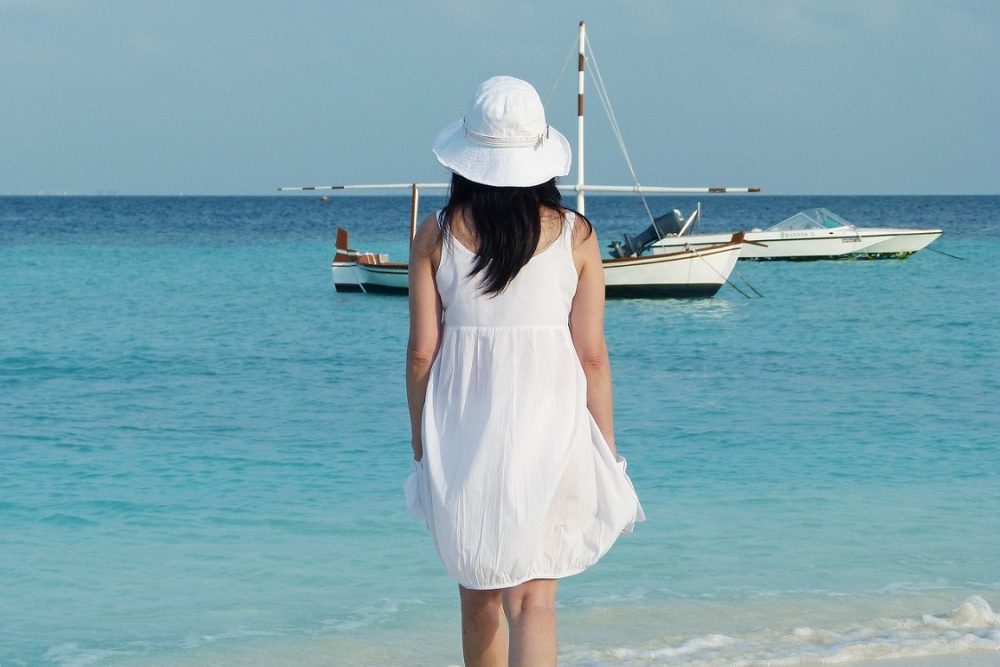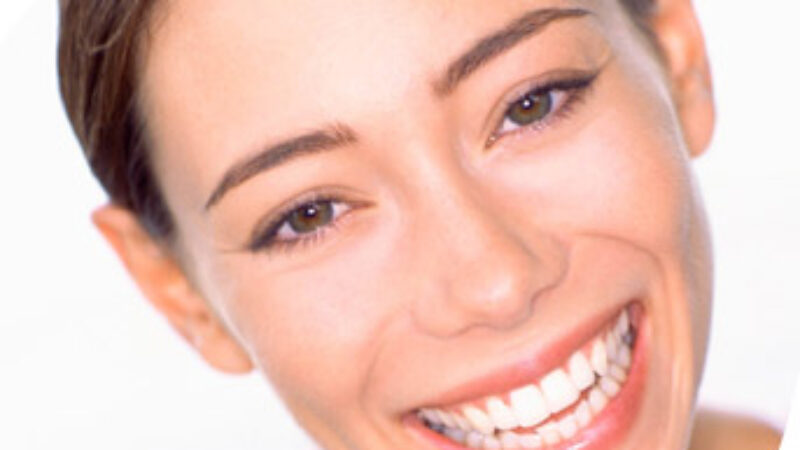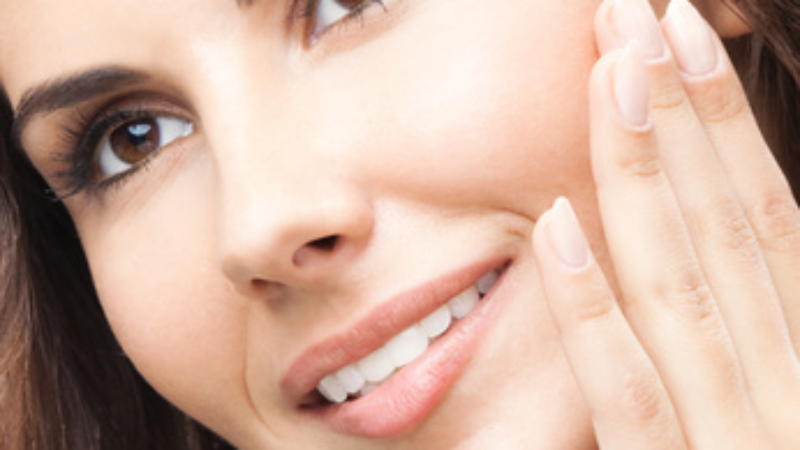We’ve said it before: our customers love sunscreen. But they’re not willing to trust just anything! Based on the questions we get, we know that effective sun protection is as important to you and your family as it is to us. And we’re happy to pass on information we have so you can make an informed decision as to which sunscreens will best meet your needs and suit your preferences.
Here are a few questions that have come our way lately:
1.How safe are Anthelios sunscreens? Do they protect a dark skin person? Will it make you darker after sun exposure?
Anthelios sunscreens are known for their stability, effectiveness and the wide range of products. When our customers ask about Anthelios, they are almost always looking for the sun filters Mexoryl SX or Mexoryl XL. Studies have demonstrated that Mexoryl sunscreens are safe. They have little or no absorption into the bloodstream and are photo stable (they don’t degrade upon exposure to UV light). Broad spectrum sunscreens, like Anthelios, protect skin from UVA (Aging) and UVB (Burning) rays, regardless of an individual’s skin color. The basic instructions for protecting the skin are the same: apply sunscreen generously 15-30 minutes prior to exposure and reapply after 2 hours or immediately after swimming, toweling off or sweating heavily. Proper use of sunscreen should in no way make your skin darker after sun exposure. That would be the opposite of its intention.
2. I am looking for a sunscreen or cream that blocks UVA only but allows UVB rays through. Which product do you recommend?
Avobenzone, Mexoryl SX, Mexoryl XL and Tinosorb S are some of the sun filters that help protect the skin against UVA rays. However, Mexoryl SX, Mexoryl XL and Tinosorb S also offer UVB protection. Sunscreens are formulated to protect against both UVA and UVB rays because we know that they damage skin in different ways. We are not aware of any sunscreens that contain solely UVA protecting ingredients and even if any were available, we would advise against their use.
3. I’m impressed with the sun filter “Mexoryl” in La Roche Posay’s Anthelios line. But I see it also has parabens in the ingredients. Parabens have been linked to hormone disrupters/ cancer. Why can’t they leave them out? Thank you.
Parabens are a class of preservative widely used in cosmetics. They are highly effective but some individuals wish to avoid using them because of a suspected link to breast cancer. It’s a widely disputed topic that’s been ongoing for many years. If you are concerned about parabens in Anthelios, there are some Anthelios products formulated without parabens. This includes Anthelios XL SPF 50+ Comfort Creme for the face, Anthelios SPF50 Dermo Kids Lotion, Anthelios XL SPF 50+ Ultralight Fluide and Anthelios XL SPF 50+ Lait Velouté.
4. What sun cream can I use during pregnancy? Is La Roche Posay sunscreen safe?Thanks for your question.
Firstly, congratulations on your pregnancy! Unfortunately, we are unable to comment as to whether Anthelios sunscreens are safe during pregnancy as we are unaware of any studies that would allow us to make a conclusion unequivocally. In general, non-chemical, mineral based sunscreens (those containing zinc oxide and/or titanium dioxide) are considered to be the safest options for sun protection during pregnancy. There are many mineral based sunscreens on the market and Anthelios offers one as well. Anthelios Mineral Ultra-fluid SPF 50 is likely the best option in your case. We recommend checking with your physician to ensure that it is, in fact, the right choice for you.
5. Thank you for all of the wonderful blogs. Very informative. Just need a little clarification. I understand that avobenzone is stable for about 2 hours. How long is tinsorb/univalve/mexoryl stable for? Is it a put on in the morning and protect from sun all day stable or a certain number of hours. I get melasma and sunspots easily. I currently use zinc oxide but would much prefer a lighter sunscreen. Thank you for your help.
Avobenzone is a widely used sun filter that blocks UVA-I rays. If it is incorporated with octocrylene (as it is in Anthelios formulations), its stability is significantly enhanced. Antioxidants, such as vitamins C and E, also bolster its photostability. Although Tinosorb S and Mexoryl XL are very photostable sun filters, this does not mean applying your sunscreen once a day is sufficient for all-day protection. Factors such as sweating, swimming, rubbing etc can decrease a sunscreen’s effectiveness. In fact, the mere act of protecting your skin will “deplete” the sun filters over time so it is still important to reapply on a regular basis.Recent studies have indicated that physical sun filters such as zinc oxide offer better protection from hyperpigmentation (melasma, dark spots).
Zinc oxide sunscreens have been heavy and unpleasant in the past, but new technology has allowed for lighter, non-whitening and much more pleasing formulations, which are much more wearable on a daily basis. We will be introducing one in our Apothekari line within the next few months for those who want to decrease their chemical load and are interested in purely mineral sun filters.



